Explore the website at http://oerresearchhub.org/
Background
The OER Research Hub is a UK-based organization connected to the Open University that gathers and analyzes research on the impact of OER. In keeping with the philosophy of open, they believe that you should not hide your research questions but you should be open so others can help find answers to your questions. The OER Research Hub was funded by the Hewlett Foundation.
Key Points
The OER Research Hub’s work is structured around the following hypotheses:
- Use of OER leads to improvement in student performance and satisfaction;
- The open aspect of OER creates different usage and adoption patterns than other online resources.
- Open education models lead to more equitable access to education, serving a broader base of learners than traditional education;
- Use of OER is an effective method for improving retention for at-risk students;
- Use of OER leads to critical reflection by educators, with evidence of improvement in their practice;
- OER adoption at an institutional level leads to financial benefits for students and/or institutions;
- Informal learners use a variety of indicators when selecting OER;
- Informal learners adopt a variety of techniques to compensate for the lack of formal support, which can be supported in open courses;
- Open education acts as a bridge to formal education, and is complementary, not competitive, with it;
- Participation in OER pilots and programs leads to policy change at institutional level;
- Informal means of assessment are motivators to learning with OER.
Discussion Questions
- Which section of COUP is the most important to you? Students? Teachers? School administrators? Parents?
- How are the OER Research Hub’s hypotheses related to the Open Education Group’s COUP framework?
